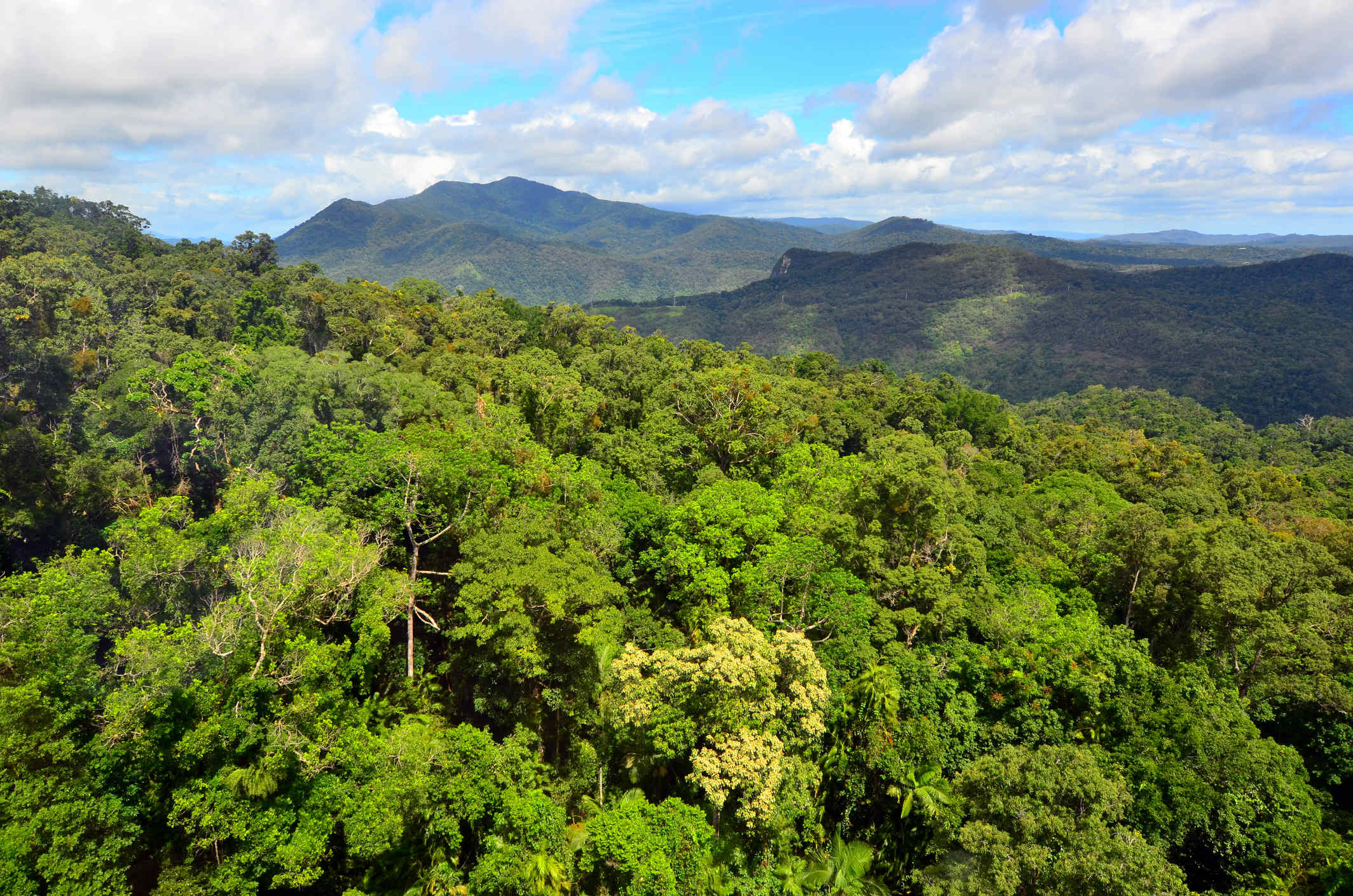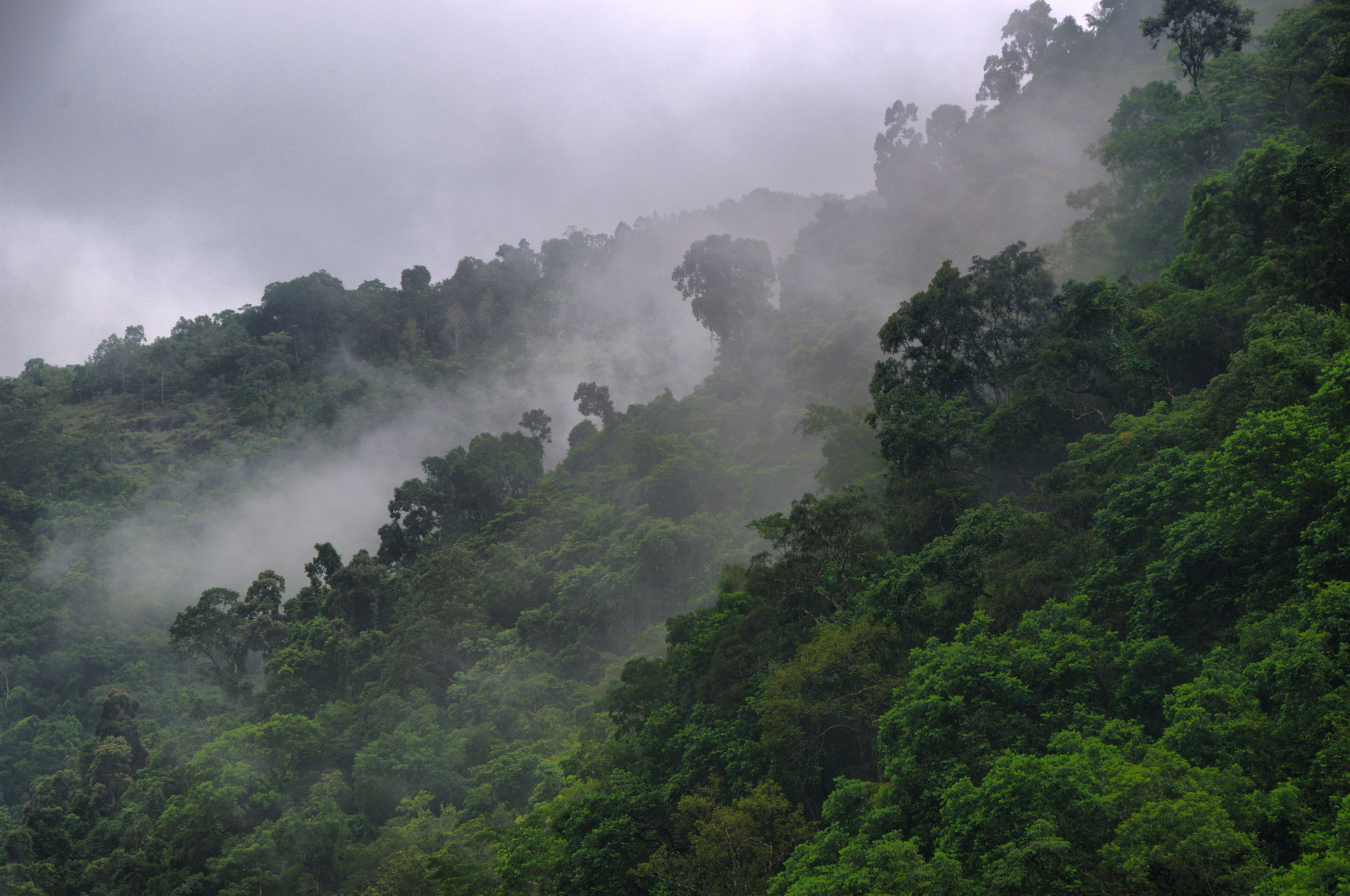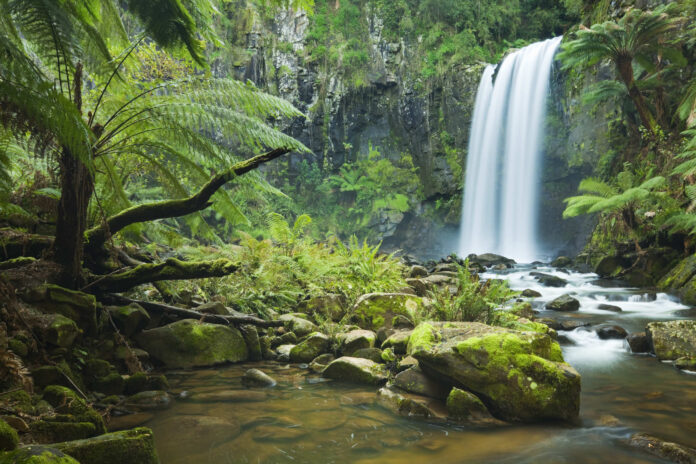University of the Sunshine Coast researchers will deploy state-of-the-art lasers to scan, measure and 3D map the nation’s rainforests.
The TruForest project – bolstered by a $1.7 million grant from the Australian Research Council – will provide analysts with unprecedented access to data from 3.6 million hectares.
Professor Andrew Marshall, from UniSC’s Forest Research Institute, said the technology had the potential to revolutionise the way we measure the world.
“LiDAR (Light Detection and Ranging) involves firing laser beams from scanners to create three-dimensional reconstructions of highly complex environments like rainforests,” he said.
“That same data could otherwise take months to gather by hand.
“This has significant implications for research projects, ecological surveys, forestry, carbon assessment, and for measuring and predicting change.”

TruForest will also improve the accuracy and efficiency of measuring forest structure, biomass and carbon sequestration, as researchers seek to answer questions about the world’s forests and their capacity to recover from the global damage wrought by humans, cyclones and climate change.
Professor Marshall, the project leader, said the data was crucial to meeting Australia’s climate and environment commitments and informing future conservation efforts.
“Rainforests are particularly important to study because they are currently undergoing unprecedented threats from agriculture and climate change,” he said.
Do you have an opinion to share? Submit a Letter to the Editor at Sunshine Coast News via news@sunshinecoastnews.com.au. You must include your name and suburb.
“Changes in the vegetation detected by LiDAR will give us critical new information about these effects.
“Rainforests are the lungs of our planet.
“They comprise 50 to 60 percent of Australia’s biodiversity and are crucial for carbon sequestration and supplying water to nearby agriculture, as well as having huge cultural and tourism value.”
The laser equipment is being made for purpose. University of the Sunshine Coast Vice Chancellor and President, Professor Helen Bartlett commended the TruForest research team’s work and acknowledged the significance of the Australian Research Council’s commitment.

“To lead a project of this calibre is a remarkable achievement for our University, reflecting the hard work of Professor Marshall and his colleagues, and the impact their research is having,” she said.
“It not only reaffirms our growing strength as a research leader in this space, but UniSC’s broader commitment to fostering sustainability and creating a healthier planet.”





